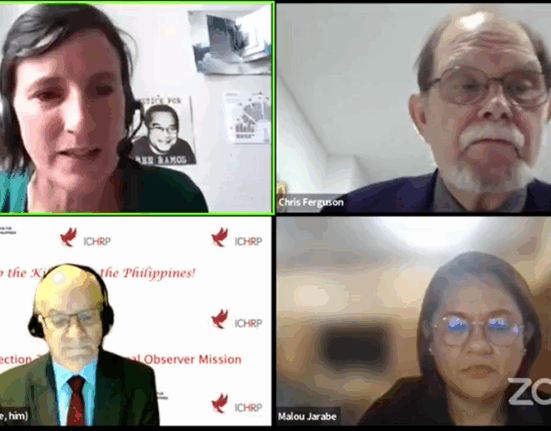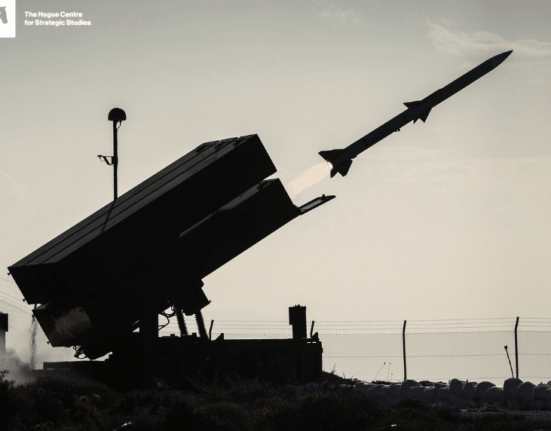In the world of politics, alliances are fragile and egos run rampant. Just take a look at the recent Eight-Day War that tore through the Coalition like a tornado in a teacup. David Littleproud, the man at the center of this political storm, managed to both tear apart and patch up the Coalition within a matter of days. Quite a feat, wouldn’t you say?
“We did not blink,
” declared Littleproud triumphantly, claiming victory for his National Party while leaving some of his colleagues feeling like pawns in a larger chess game. One Nationals member went as far as saying, “
He made us look like fools.
”
As the dust settled from this parliamentary theatrics, it became clear that behind all the grandstanding and posturing lay four key policy areas that were supposedly worth dismantling an 80-year-old arrangement over. So crucial were these policies that even the Nationals’ chief whip struggled to name them all in a radio interview.
Littleproud’s moral high ground quickly eroded when he backtracked on his demands after supposedly securing concessions from Liberal leader Sussan Ley. It was akin to parents reconciling but only agreeing to consider getting back together without any concrete plans for reconciliation.
The heart of this political soap opera? The contentious issue of taxpayer-funded nuclear power plants. While Littleproud insisted on maintaining support for such endeavors, Ley’s commitment extended only so far as lifting restrictions on building these plants – not footing the bill for seven shiny new reactors.
Despite all the bluster and bravado, Littleproud’s attempts to rewrite Coalition dynamics fizzled out into nothing more than empty rhetoric with no substantial gains – except perhaps tarnishing his own reputation along with that of his party.
But beneath this political spectacle lies a deeper rift within Australian politics – one that revolves around climate change beliefs and policies. The looming climate wars have already taken their toll on the Coalition, with doubts lingering about whether they can come to terms with reality.
“
The climate wars are over. And the Coalition lost,” suggests an insider familiar with internal party dynamics.
While some within the Liberals acknowledge the need to pivot towards embracing climate change policies to stay relevant in today’s political landscape, others remain staunchly resistant – clinging onto outdated beliefs despite changing voter sentiments.
The path forward remains murky for both major parties as they grapple with existential questions about their identities and allegiances: Are they champions of pragmatic governance or beholden to ideological extremes?
The Nationals find themselves at a crossroads too, reduced in numbers and influence compared to their former glory days. With just four senators left standing – equivalent in count to One Nation representatives – their demands may seem disproportionate given their diminished stature.
As Australia wrestles with its political demons and grapples with issues that will shape its future trajectory, one thing is certain: Change is inevitable; adaptation is necessary; compromise is essential if any semblance of unity is to be restored among warring factions vying for power and influence in Canberra.









Leave feedback about this